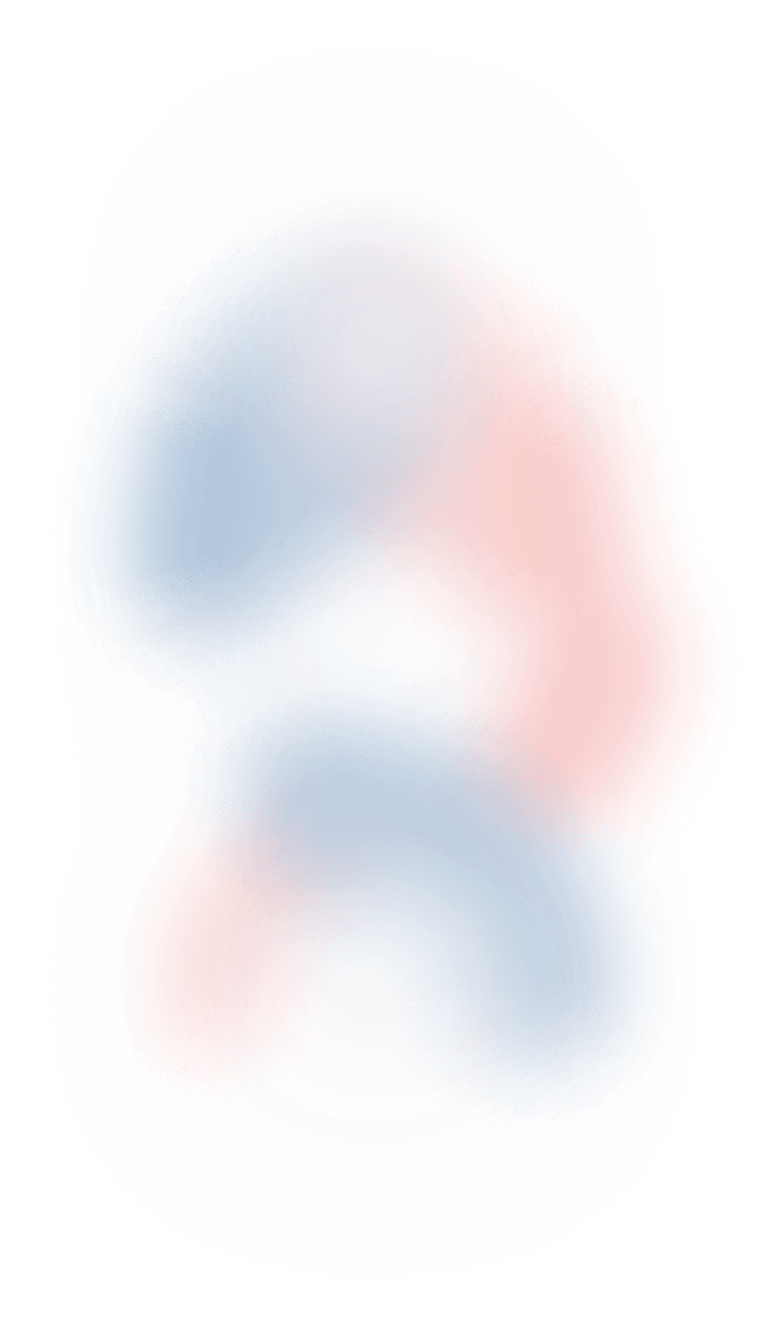Pennsylvania cannabis law
| Medical patients | 90-day supply products excluding dry leaf |
| Recreational users | Illegal |
| Medical patients | 5% excise tax paid by the grower/processor |
| Recreational users | Illegal |



Do I qualify?


Concise guide to Pennsylvania's medical marijuana laws
- ALS (Lou Gehrig’s disease)
- Anxiety disorders
- Autism
- Cancer, including remission therapy
- Chronic Hepatitis C
- Crohn’s disease
- Damage to the nervous tissue of the central nervous system (brain-spinal cord) with objective neurological indication of intractable spasticity and other associated neuropathies
- Dyskinetic/spastic movement disorders
- Epilepsy
- Glaucoma
- HIV/AIDS
- Huntington’s disease
- Inflammatory bowel disease
- Intractable seizures
- Multiple Sclerosis
- Opioid dependency
- Neurodegenerative disorders
- Neuropathies
- Parkinson’s disease
- Post-traumatic stress disorder
- Sickle cell anemia
- Severe chronic or intractable pain
- Terminal illness (defined as 12 months or fewer to live)
- Tourette syndrome
- Other conditions that are recommended by the advisory board and approved by the secretary
90 day supply — As initially enacted, only cannabis-infused pills, oils, topical ointments, tinctures or liquids were allowed. On April 16, 2018, the state Health Secretary approved an advisory board recommendation to permit dispensaries to also begin providing herbal cannabis. Under the rule change, patients are permitted to vaporize herbal cannabis, but are still prohibited under the law from smoking.
No
Yes, up to 25 growers and processors, and as many as 50 dispensaries, which could each operate three locations.
Yes
440,949
Source: Pennsylvania Department of Health, as of March 2024
Yes
Under Section 2106 of the law, it is not a violation of state law “if a parent or guardian of a minor under 18 years of age lawfully obtains medical marijuana from another state, territory of the United States or any other country to be administered to the minor.”
Apply for your medical cannabis card in Pennsylvania

Detailed overview of Pennsylvania medical marijuana regulations
Possession limits for medical cannabis patients in Pennsylvania
Qualified patients in Pennsylvania are allowed to possess a 90-day supply of medical cannabis products, as stipulated by state regulations. This supply is calculated based on individual doses and is designed to ensure users have uninterrupted access to their medication.
Here are the key points regarding possession limits:
- 90-Day Supply: A patient or caregiver may not possess more than a 90-day supply of individual doses at any given time.
- 30-Day Periods: During the last seven days of a 30-day period, cardholders have the option to obtain and possess a 90-day supply for the subsequent 30-day period. This provision ensures continuous access to cannabis.
- Renewal: Additional 90-day supplies can be provided for the duration of the authorized period on the identification card, unless a shorter period is indicated on the certification.
Forms of medical marijuana dispensed:
Marijuana in Pennsylvania can be dispensed in various forms, including:
- Pills
- Oils
- Topical forms (such as gels, creams, or ointments)
- Forms suitable for vaporization or nebulization (excluding dry leaf or plant form)
- Tinctures
- Liquids
Note: The dispensing of marijuana in dry leaf or plant form is strictly prohibited in Pennsylvania, and the possession of such form is not permitted under state law (PA Act 16 of 2016).
Cultivation and responsible use of medical cannabis in Pennsylvania
As of now, Pennsylvania strictly prohibits personal cannabis cultivation, even for medicinal purposes. The state mandates that all cannabis products must be obtained exclusively from authorized and regulated dispensaries.
It’s essential to be aware of the following regulations and consequences:
- No Personal Cultivation: Pennsylvania law unequivocally forbids individuals from cultivating cannabis plants, regardless of the intended medical use. This stringent prohibition applies even to those with a valid medical cannabis card.
- Penalties: Engaging in unauthorized cannabis cultivation, even a single plant, carries serious legal consequences. Violators may face substantial fines and the possibility of imprisonment.
Given these stringent regulations, it is imperative for medical cannabis patients in Pennsylvania to rely solely on licensed dispensaries for their cannabis needs and to adhere strictly to the state’s laws and regulations governing the responsible use of cannabis.
Caregiver responsibilities in Pennsylvania
A caregiver within the Pennsylvania medical marijuana program plays a crucial role as an individual authorized to procure marijuana on behalf of registered patients. It’s important to clarify that caregivers are not the medical practitioners who provide patient certifications. To serve as a caregiver, certain eligibility criteria and responsibilities must be met:
Eligibility Criteria:
To become a medical caregiver for cannabis in Pennsylvania, you must:
- Residency: Be a resident of Pennsylvania.
- Age: Be at least 21 years old unless authorized differently by the department.
- Identification: Possess a state-issued ID card that reflects your current address.
- Background Check: Successfully pass a criminal history check.
- Clean Record: Have no drug-related convictions within the last five years.
- Patient Designation: Be designated by a qualified individual who requires your assistance.
Additionally, you will need to provide the patient’s name as it appears in the Patient and Caregiver Registry, their ID number, and date of birth.
Steps to Become a Caregiver:
- Application: Submit an application to the Pennsylvania Department of Health, including a certification form completed by the client’s physician. This form confirms that the individual necessitates assistance in obtaining and administering medical cannabis.
- Background Check: As part of the application process, you will undergo a criminal history check.
- Identification Card: After submitting your application, anticipate a processing period of four to six weeks for approval. Once approved, you will be required to pay the designated fee to obtain a medical caregiver identification card from the Pennsylvania Department of Health. This card remains valid for one year and must be renewed annually.
By fulfilling these criteria and responsibilities, caregivers in Pennsylvania play a vital role in assisting patients in accessing and using medical cannabis for their health and well-being.
Medical cannabis for veterans in Pennsylvania - main info and rules
Pennsylvania recognizes the anticipated benefits of cannabis as an alternative treatment for veterans coping with various health conditions. Here, we provide essential information and regulations concerning the use of medical cannabis by veterans in the state:
- Legal Compliance: PA veterans, like all medical cannabis patients, are required to adhere to Pennsylvania state laws and regulations governing qualifying conditions, possession, transportation, and usage of cannabis. Staying informed about any updates or changes in these laws is crucial to ensure veterans’ uninterrupted access to medical cannabis.
- Department of Veterans Affairs Healthcare System: It’s important to understand that the Department of Veterans Affairs (VA) is a federal agency, and cannabis remains classified as a Schedule I controlled substance under federal law. Consequently, VA healthcare providers are unable to recommend or prescribe medical cannabis. However, veterans can seek healthcare services outside the VA system to obtain a physician’s recommendation for cannabis.
- Affordability and Discounts: Certain dispensaries and medical cannabis programs in Pennsylvania offer special discounts or financial assistance tailored to veterans, recognizing their service and healthcare requirements. Veterans are encouraged to inquire about these programs and discounts, making medical cannabis more accessible and cost-effective.
At Dr. Weedy, we are committed to supporting veterans in their pursuit of marijuana treatment. We deeply appreciate the sacrifices they have made for our nation. As part of our unwavering commitment to veterans, we offer special programs and discounts to enhance affordability and accessibility to medical cannabis. Our veteran initiatives encompass subsidized recommendation quotas, allowing veterans to obtain their medical cannabis certifications at reduced costs.
To avail of the veteran’s discount, simply click here.
Access to marijuana treatment for people with disabilities in Pennsylvania
Dr. Weedy recognizes the importance of ensuring equal access to medical cannabis treatment for individuals with disabilities in Pennsylvania. We are dedicated to providing a supportive and inclusive environment for all patients, including those with functional impairments. Here’s how we aim to make marijuana treatment accessible for this community in the Keystone State:
- Accessibility: Our online platform is designed with accessibility in mind, prioritizing user-friendliness for people with disabilities. We adhere to web accessibility standards, ensuring that our website is easy to navigate and that all users can complete the necessary steps to obtain their Pennsylvania medical marijuana recommendations.
- Remote Process: We understand that mobility can be a challenge for some individuals facing mobility issues. Therefore, we’ve made the entire evaluation process 100% remote. From the initial visit to our website to the final step of receiving your MMJ certification, you can complete it all from the comfort of your home. This eliminates the need for travel or in-person appointments, making the process convenient and accessible.
- Doctor’s Expertise: Our healthcare professionals are experienced and well-versed in the medical needs of patients with disabilities. They have a deep understanding of the potential advantages of medical marijuana for various conditions and can provide expert guidance tailored to your specific situation.
- Affordable Options: We offer pricing options designed to ensure that disabled individuals can access medical marijuana treatment without facing excessive financial burdens. Our objective is to make this crucial treatment option accessible to all who can benefit from it.
At Dr. Weedy, we are committed to breaking down barriers and facilitating access to medical cannabis treatment for individuals with disabilities in Pennsylvania. We believe that everyone should have the opportunity to explore the possible perks of marijuana in managing their health and well-being.
Medical marijuana reciprocity and access for non-residents in Pennsylvania
Pennsylvania does not currently have a medical marijuana reciprocity program. This means that individuals who hold medical marijuana cards from other states are not automatically granted the same privileges in Pennsylvania. Non-residents, even if they are valid medical marijuana users in their home state, are not legally allowed to purchase or use medical marijuana in Pennsylvania.
Diagnosis and medical marijuana treatment for PTSD, anxiety, and chronic pain in Pennsylvania
Pennsylvania recognizes the prospective gains of medical cannabis in addressing conditions such as PTSD, anxiety, and chronic pain. Here’s important information about the diagnosis and medical marijuana treatment for these conditions in the state:
- PTSD (Post-Traumatic Stress Disorder)
Individuals diagnosed with PTSD in Pennsylvania may be eligible for marijuana treatment. Symptoms of PTSD often include anxiety, flashbacks, and heightened stress responses. Medical cannabis may offer relief by interacting with the endocannabinoid system, potentially regulating mood and stress responses. To explore this treatment option, consult our qualified physician who can assess your condition and determine whether medical cannabis is a suitable choice for managing your PTSD symptoms.
- Anxiety Disorders
Anxiety disorders encompass various conditions, such as generalized anxiety disorder, social anxiety disorder, and panic disorder. In Pennsylvania, medical cannabis may be recommended to individuals experiencing severe symptoms of anxiety that have not responded well to conventional treatments. Specific compounds in cannabis may have anxiolytic effects, potentially alleviating anxiety symptoms. If you struggle with severe anxiety, consult with our knowledgeable physician to discuss the potential benefits and risks of cannabis as part of your treatment plan.
- Chronic Pain
Pennsylvania allows medical marijuana treatment for severe or intractable chronic pain. This category includes pain that persists despite traditional medical interventions. Many people with such conditions turn to medical cannabis as an alternative approach. Cannabinoids like THC and CBD can interact with pain receptors in the body, potentially reducing pain perception and inflammation. If you’re dealing with ongoing pain, consider consulting our physician experienced in medical cannabis treatments. They can evaluate your pain level and medical history to determine whether marijuana may provide effective relief.
























